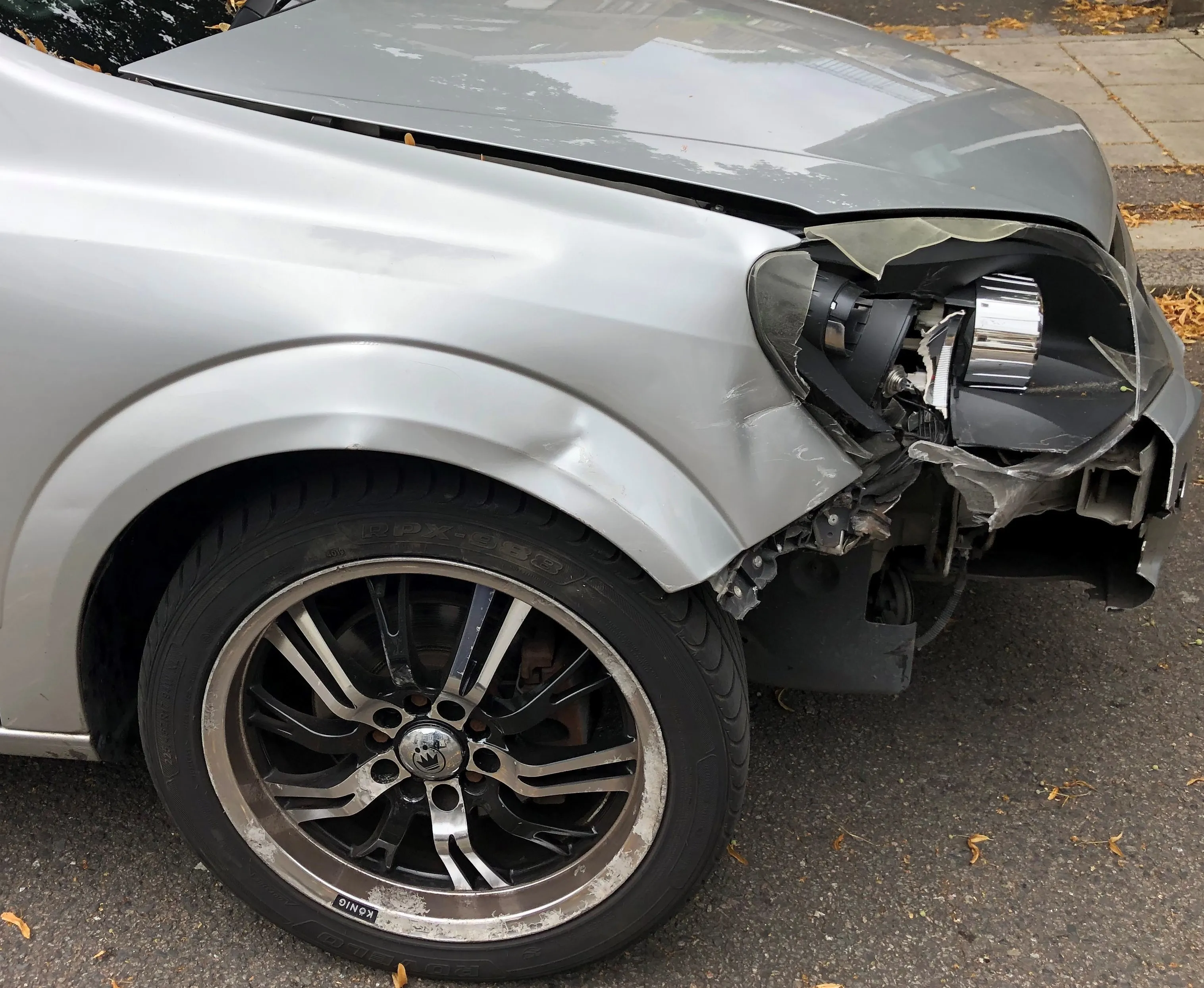Official UK Government figures reveal that convictions for traffic offences in England and Wales have been steadily increasing since 2013. Of concern is that there has been a 52% increase in convictions for dangerous driving in that period.
There were guilty verdicts for 1.2 million traffic offences in 2006, according to an analysis of the data by IAM RoadSmart. The number of guilty verdicts for traffic offences then declined for seven years until 2014 when the total number of offences started rising again and has continued to do so ever since, according to the IAM.
Another curious anomaly highlighted by IAM RoadSmart’s research includes the dramatic increase of almost 70,000 over 10 years in convictions for the failure to supply the identity of a driver of a vehicle.
However convictions for drink driving and mobile phone use at the wheel now appear to be reducing.
IAM RoadSmart says that while there does not appear to be one single reason why conviction rates are on the rise, it is possible that a combination of targeted enforcement, increased electronic surveillance and a renewed focus on traffic policing after years of neglect may all be behind the increases.
The news of an increase in convictions will be welcomed by the law abiding majority of motorists; IAM RoadSmart members have for many years been in favour of harsher punishments for those who injure or kill behind the wheel.
In 2016 (the latest year for which figures are available) there was an increase of 19% in the total number of convictions compared to the most recent low in 2013.
The figures also reveal a welcome 10% drop in those convicted of drink-driving since 2013 when 43,000 drivers were found guilty compared to just under 39,000 in 2016. This shows a steady decline over the three year period, and a 50% reduction from the 78,029 high in 2006. But with deaths caused by drink-driving flatlining, there is still a long way to go in reducing this number further, which underlines the continued need for well targeted anti drink-drive campaigns.
The dangers of using a mobile phone might finally be sinking in to more drivers, with convictions for the offence of using or causing others to use a mobile phone whilst driving dropping by more than half in the past five years, from 32,404 in 2011 to 13,847 in 2016 - a reduction of over 57%.
One motoring offence which has been on the rise steadily since 2006 is ‘failing to supply information as to identity of driver when required.’
In 2006 there were 12,056 convictions but by 2016 this number had grown to a huge 82,029 guilty verdicts. This is most likely linked to increased forms of surveillance leading to more requests to confirm the identity of the driver.
Neil Greig, IAM RoadSmart director of policy and research, said: “It shows that the most serious motoring offences are being taken seriously by the courts – even though there is a long way to go an increased certainty of conviction might get some drivers out of the mindset of thinking they can get away with drink or drug driving or using a hand-held mobile phone at the wheel of a car.”
UK traffic offence convictions increase
Official UK Government figures reveal that convictions for traffic offences in England and Wales have been steadily increasing since 2013. Of concern is that there has been a 52% increase in convictions for dangerous driving in that period. There were guilty verdicts for 1.2 million traffic offences in 2006, according to an analysis of the data by IAM RoadSmart. The number of guilty verdicts for traffic offences then declined for seven years until 2014 when the total number of offences started rising again
May 10, 2018
Read time: 3 mins






